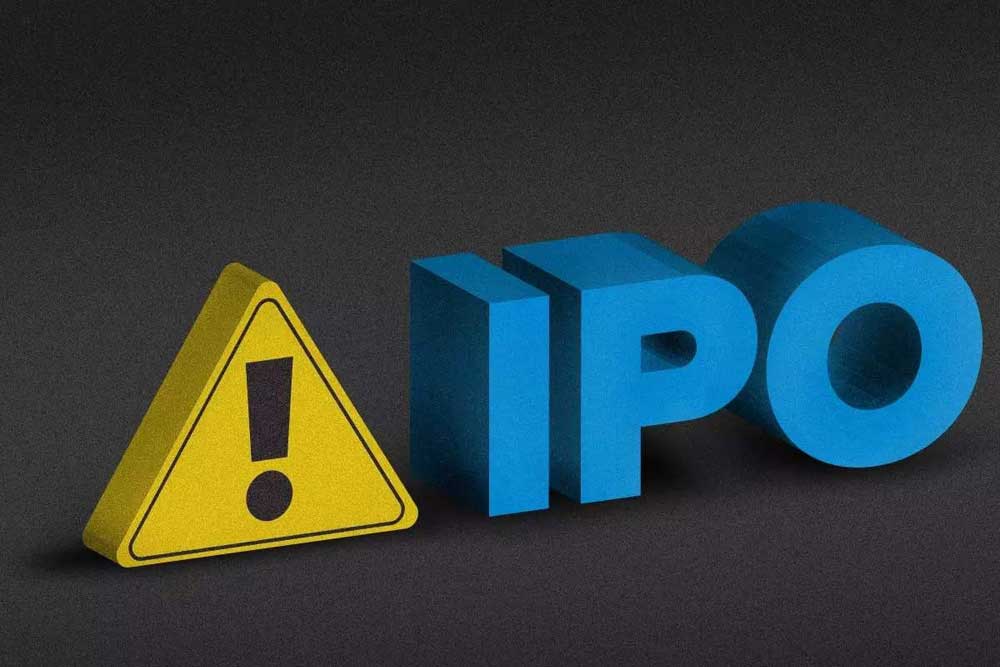There are several risks involved in investing in an IPO:
Uncertain valuations: The price at which an IPO is offered can be based on various factors such as demand from investors, market conditions, and the company’s financial performance. The valuation of the company may be high and could be based on future projections, which may not materialize.
Lack of historical financial data: Newly listed companies may have limited financial track records, which makes it difficult for investors to assess their performance and prospects.
Volatility: Newly listed companies may experience significant price volatility in the first few months of trading as the market adjusts to the new stock. This can result in significant losses for investors who buy shares at the IPO price.
Lock-up periods: Founders and early investors may be subject to lock-up periods, during which they are restricted from selling their shares. When these restrictions are lifted, there may be a significant amount of selling pressure on the stock, which could cause the price to decline.
Regulatory and legal risks: Newly listed companies are subject to increased regulatory and legal requirements, which can be costly and time-consuming to comply with. They may also be exposed to lawsuits and other legal liabilities.
Business risks: Investing in a newly listed company also involves inherent business risks such as competition, changing market conditions, technological changes, and economic cycles. These risks could impact the company’s financial performance and prospects.
Investing in an IPO can be rewarding, but it also carries risks that investors should be aware of before making any investment decisions. It is important to carefully consider the risks and do thorough research before investing in any IPO.







